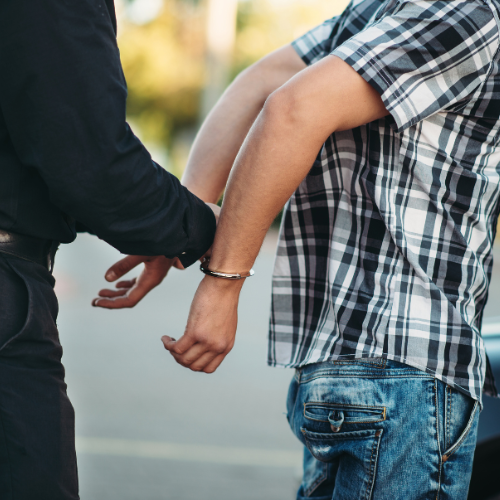A 209A violation in Massachusetts refers to a breach of a Chapter 209A Abuse Prevention Order, also known as a restraining order. If someone is found guilty of such a violation, they could face up to two and a half years in jail and a fine of up to $5000. Additionally, the offender may be required to complete a batterer’s program. To convict someone of this offense, the prosecution must prove that a valid 209A order was in place, that the accused was aware of the order, and that they intentionally engaged in conduct that violated the order’s terms. Potential defenses against such a charge might include insufficient service of the order or reasonable doubt about the actual violation of the order’s terms.
What is a 209 Violation?
A 209 violation refers to the breach of a protective order issued under Chapter 209A of the Massachusetts General Laws. This chapter provides protection for you against family or household members who may pose a threat of harm. An Abuse Prevention Order, commonly referred to as a Restraining Order, is granted by the court to protect victims of domestic violence or abuse from further harm by legally prohibiting the abuser from contacting or approaching the victim.
The Importance of
Protective Orders
Protective orders, including abuse prevention and harassment prevention orders, are critical tools in safeguarding individuals from:
- physical abuse,
- sexual assault, and
- harassment.
They create a legal boundary that your abuser must not cross. Violating this court order is a criminal offense and can result in serious legal consequences, including jail time.
Consequences of a Restraining Order Violation
When a protective order is violated, this criminal offense can lead to criminal charges in District Court. If found guilty, the individual may face time in a House of Corrections, a mark on their criminal record, and other significant repercussions that can affect one’s:
- future employment,
- housing, and
- overall reputation.
The Legal Process for
Order Violations
Upon a reported violation, such as through:
- phone calls,
- text messages, or
- physical presence,
a criminal complaint may be issued by the police department. The alleged violator will then be required to appear in court on the specified court date to face the criminal case brought against them.
Household Member and Family Court Involvements
A “household member” refers to those who are in a domestic relationship with the alleged victim, such as a family member or partner. The Probate and Family court often deals with related issues such as:
- child support,
- child custody proceedings, and
- divorce proceedings,
where the best interest of any children involved is a priority.
When a Restraining Order
is Violated
The first step in responding to a violation of a Restraining Order is to contact the police. You want the police involved as soon as possible to shut down this behavior immediately. When speaking to the police, carefully describe the violation. Show them any evidence of the violation, such as:
- text messages,
- emails, or
- photographs.
Help Getting a Restraining Order in Massachusetts
If you’d like help getting a Restraining Order without paying an expensive attorney, we can help. With our Legal Coaching we can walk you through every step to make sure you’re ready for your hearing. The first thing to do is see if you qualify for a Massachusetts Restraining Order. Click on the link below to see if you qualify for either type of Restraining Order.
Legal Disclaimer
This article is intended for informational purposes only and does not constitute legal advice. Please consult with an attorney to discuss your specific circumstances and receive tailored guidance.

I have been practicing law in Massachusetts since 1995. My focus is in the areas of criminal and family law. I’m dedicated to providing high-quality legal help at an affordable price. I practice throughout Massachusetts. I earned my MBA from the University of Rhode Island in 2023. I earned my JD from New England School of Law in 1994. I earned my BA from Rhode Island College in 1990.


